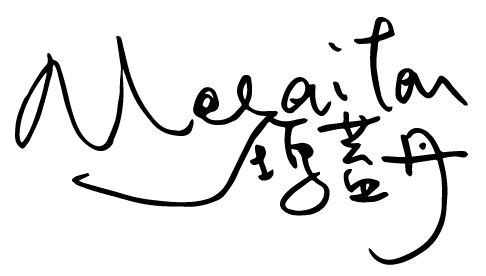lalawa sa kazash ya alhungquz mabrith ya itamaz. tu kahiwan manasha wa thau mangqtu lalawa antu tataal, numawan mashtay kataunan qbit a thau antu lamaqitan iasuunan, kanuniza munsai imuhala wa zing-kiuq lhfaanan, numa thuini a katataunan a kalawan sa mia’atha’athan, numa tataal a lalawa sa “quyash”, numawan antu lamaqitan iasuunan makitladadu dai, ya miazithu ianan manasha wa qbit a thau pu’apaw sa maqitan a quyash, masa pinfaqlhu quyash a thau, shduu isa malhinuna Shpuut a lalawa wa katataunan ya riqazan.
ianan tata lalawa mzai, ya qalushan lhfaazan sa mashashu a lalawa wa athan sa piatnaq, kanuniza puqthaan lalawa wa athan ya lhfaazan, munsai ladadu qbit a thau sa maqitan a kalawan, antu piatnaq dai. miazai sa thuini a kawash a 《滅人山》mara zing-kiuq lhfaanan a Kakitlan maqaquyash a thau 黃連煜, masa 《尋找你》mara zing-kiuq lhfaanan a Shpuut a lalawa wa binanau’az maqaquyash a thau a lhfaanan, numa miniahala inai a thau a maqaquyash a thau 以莉高露, mulhthkiz maqitan a kalawan.
sharaqian thuini kataunan a thau makiqualh, kanuniza ladaduiza minfazaq lalawa wa ianan, ya itia maqarman sa mawalhnaq a pruq miniahala inai a parhaway. Yuan-un-hui amunsai dawaz a saran lhituzin malalawa Thau a lalawa, puparhaway shduu pinharan faqlhu minfazaq Thau a lalawa wa ianan, mindahiwan kataunan a thau shduu mafazaq ananak a kataunan a qbit masa ananak a kazash. haya wa《Yuan-sir-kai》malalawa mani matash ma’a’ania wa thau 「厭世哲學家」mutantu u-taa a kataunan ya musuun ininthawan masa Ta-yan muribush a thau masa tinuun a thau, ya miazithu, shduu ya Shpuut a huruy mafazaq mita kataunan sunda wa kushwit, pasain antu tataal a shnaw, munai mriqaz mita wa ininthawan.
Language is an indispensable part of culture. In the past, people blamed the intercultural gap on language differences. It is not difficult to find from the recent Golden Melody Awards that this gap has been gradually alleviated by a common language, which is music, and the fact that the country’s policies have been devised with the aim of ethnicity diversity. Not only has this gap been alleviated, but more outstanding music performers and producers have also risen to prominence in Mandarin Chinese speaking countries.
Some people feel the fact that the awards have been categorised according to language types could impose constraints on music. However, the addition of language categories actually encourages, instead of limiting, more minority musicians. Two examples to best illustrate it this year are Ayugo Huang, who won the Jury Award for “Mountain of Doom,” and the indigenous singer Ilid Kaolo, who was nominated as the best female Mandarin singer for “Longing.”
Even though the gap between various ethnic groups has gradually narrowed, young indigenous people in particular are faced with the challenge of not having a language learning environment. The Indigenous Peoples Cultural Foundation will continue to broadcast through our own mass media in indigenous languages and provide our young people with more language learning channels, so that they can learn authentic indigenous languages. We will also assist our people in knowing more about their roots and finding their identity. In this volume of Indigenous Sight, we also invited a popular writer, “Misanthropic Philosopher” to Buta to try the daily routine of Atayal hunters and weavers. We believe that a cultural exchange of such will give Non-indigenous friends an opportunity to immerse themselves in the positive energy in our community and experience a paradigm shift in regard to indigenous life.
naur kazash a kalangkan
CEO of the Indigenous Peoples Cultural Foundation





